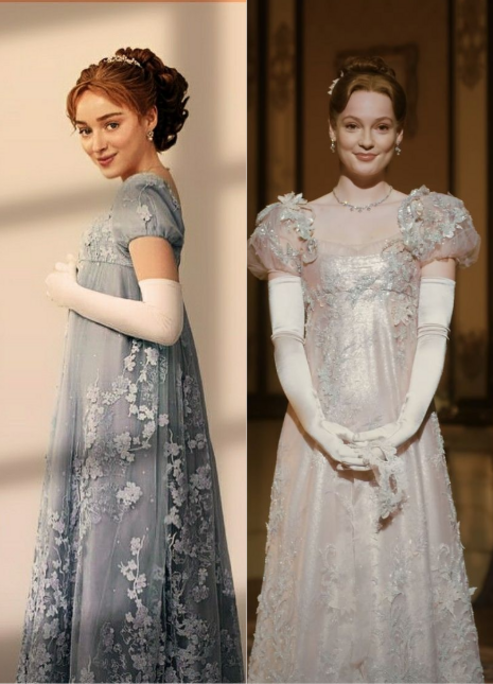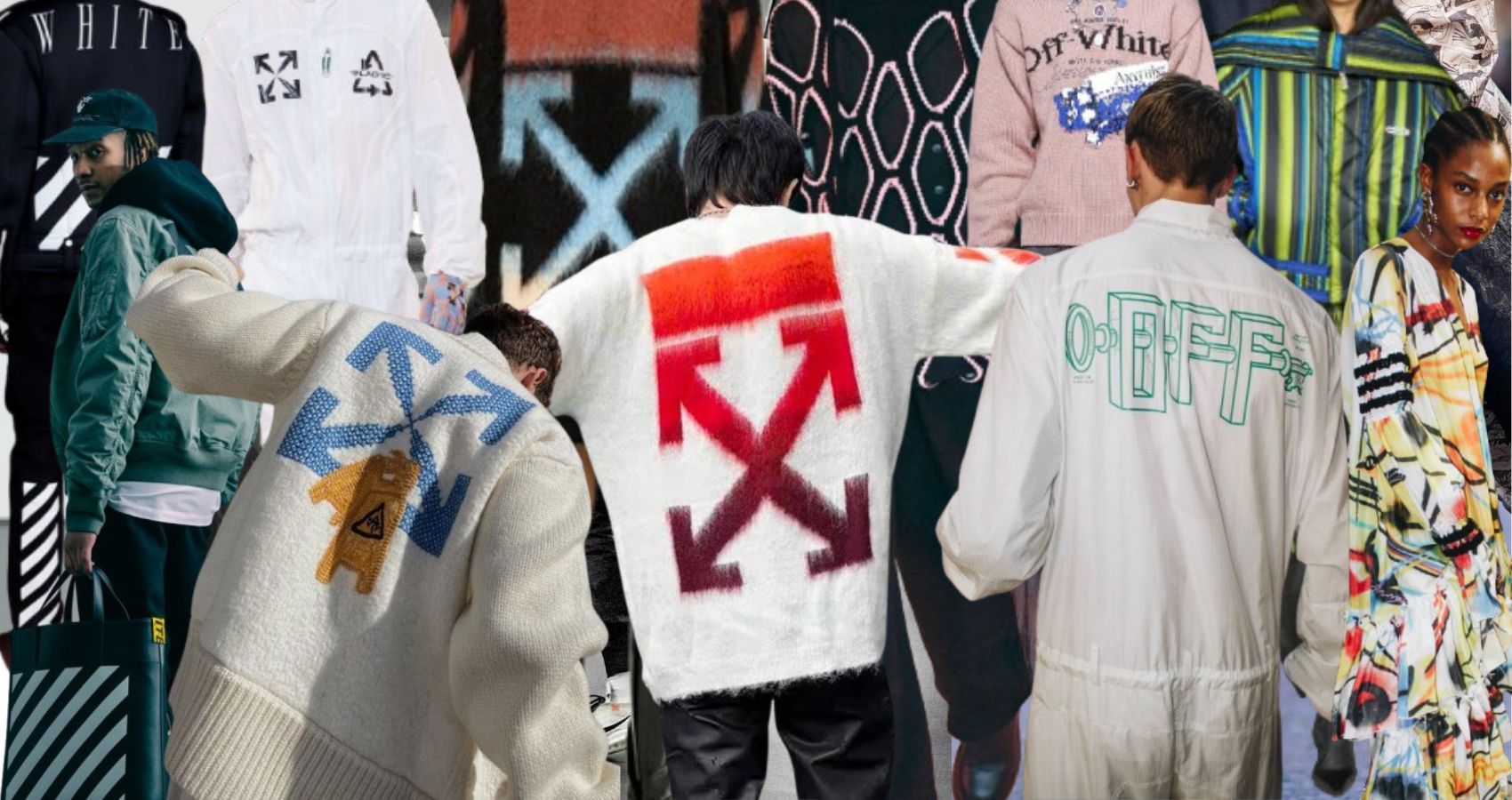
The Evolution of Off-White: From Streetwear to High Fashion
Cultural impact and its role in blending streetwear with luxury fashion.
Off-White, founded by designer Virgil Abloh in 2012, has become a revolutionary force in the fashion industry. This brand, which began as a streetwear label, has transitioned into a high-fashion powerhouse, capturing the hearts of fashion enthusiasts worldwide. In this blog post, we will explore the evolution of Off-White, its cultural significance, and how it reshaped the boundaries between streetwear and luxury fashion.
The Birth of Off-White
Off-White originated in Milan, Italy, and quickly gained attention for its innovative designs and unique aesthetic. Virgil Abloh, who had previously worked as the creative director for Kanye West’s Donda, blended his experience in music, architecture, and fashion to create a label that would redefine streetwear. The name “Off-White” itself represents the idea of the in-between—a space that exists outside of traditional fashion norms.
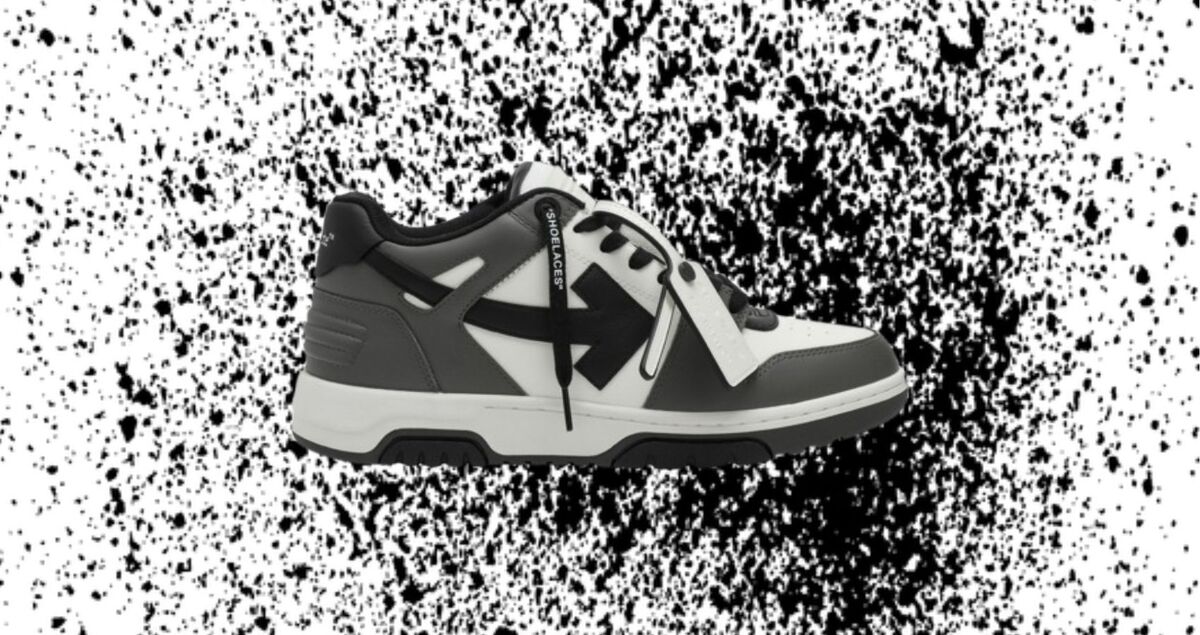
The brand's debut collection in 2012 featured distinctive graphics, industrial motifs, and bold text. Abloh's use of quotation marks in his designs—often labeling everyday items with phrases like “SCULPTURE” and “SHOULDER BAG”—challenged the conventional understanding of luxury fashion. This clever approach not only resonated with the younger generation but also established Off-White as a brand that spoke to the complexities of modern consumer culture.
The Streetwear Phenomenon
As Off-White gained traction, it became synonymous with the burgeoning streetwear movement. The brand's aesthetic resonated with the youth, characterized by its casual, oversized silhouettes, and a blend of high and low culture. Abloh’s commitment to inclusivity and diversity made Off-White a beacon for fashion enthusiasts seeking authentic representation in the industry.
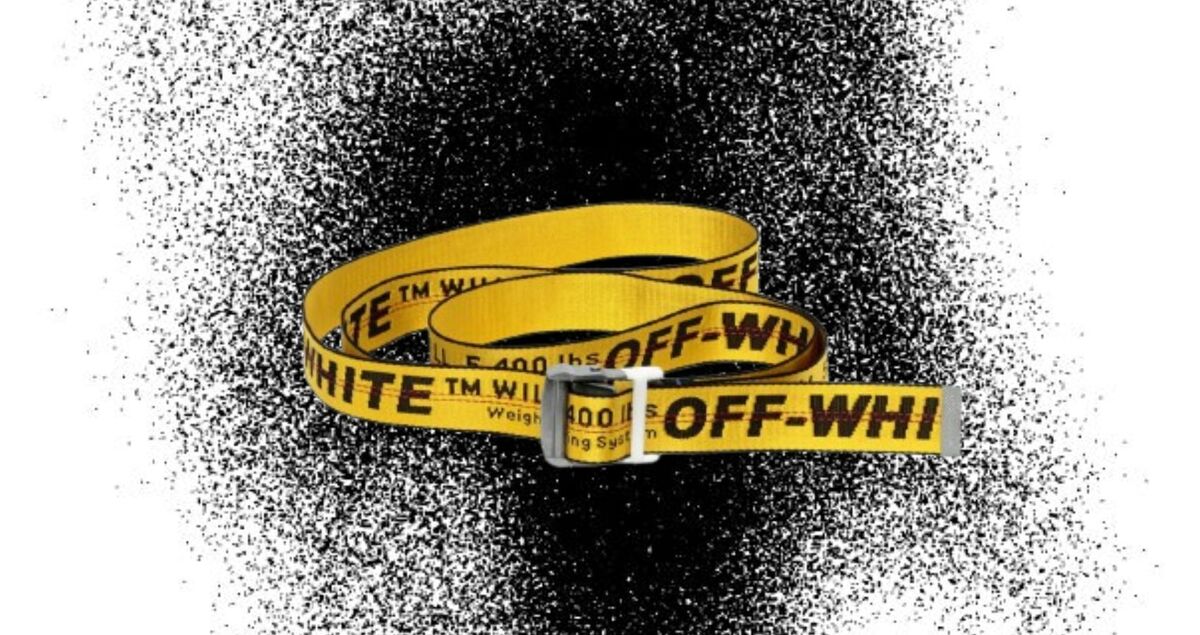
Collaborations played a crucial role in Off-White's rise. The partnership with Nike in 2017, titled "The Ten," reimagined iconic sneaker models with Abloh's signature style, merging streetwear with athletic footwear. The collection was a massive success, leading to a cultural phenomenon that saw sneakerheads and fashionistas alike clamoring for a piece of this limited-edition magic. This collaboration not only solidified Off-White’s status in streetwear but also its relevance in the larger fashion ecosystem.
Transitioning to High Fashion
The transition from streetwear to high fashion was a natural progression for Off-White. In 2018, the brand was officially recognized by the prestigious fashion world when it was invited to participate in Paris Fashion Week. This marked a significant moment, as Off-White showcased its first official runway show, featuring a collection that blended streetwear aesthetics with high-fashion techniques.
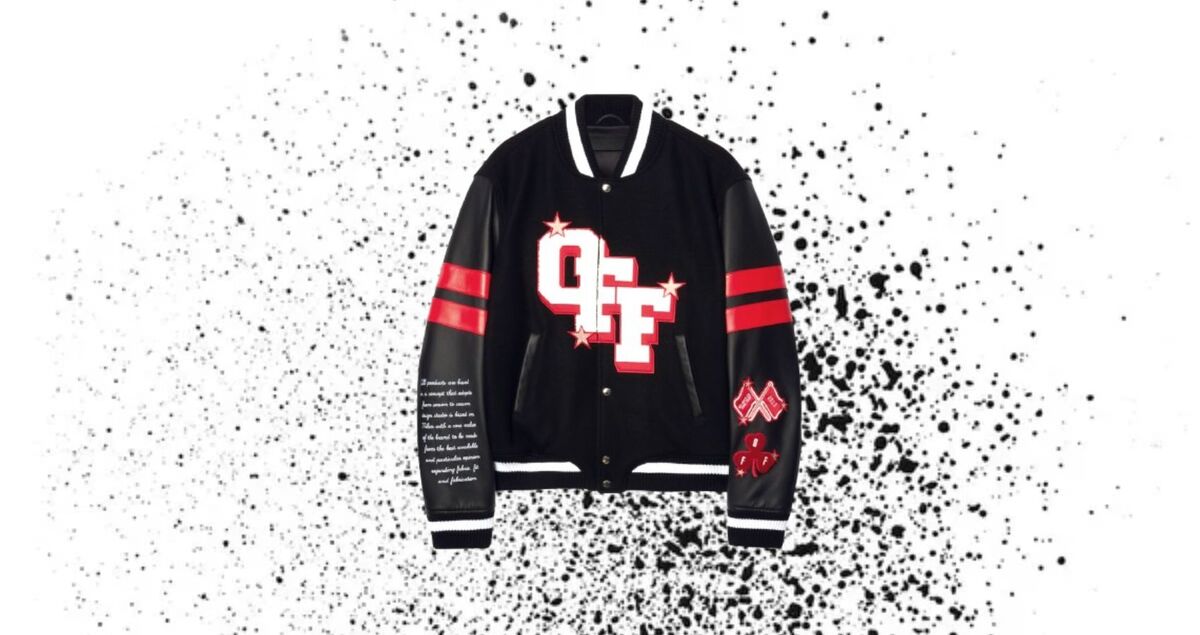
Abloh's vision was clear: he aimed to bridge the gap between high fashion and street culture. His designs incorporated luxurious materials and intricate craftsmanship while retaining the relaxed and casual essence of streetwear. This unique approach captivated the fashion elite, leading to a broader acceptance of streetwear within the luxury market.
Cultural Impact and Criticism
Off-White's success is not without its controversies. As the brand gained prominence, some critics argued that it blurred the lines between art and commerce. Abloh’s designs often referenced existing works and ideas, leading to discussions about originality in fashion. Critics also pointed to the high price points of Off-White items, raising questions about accessibility in a market that increasingly caters to wealthier consumers.
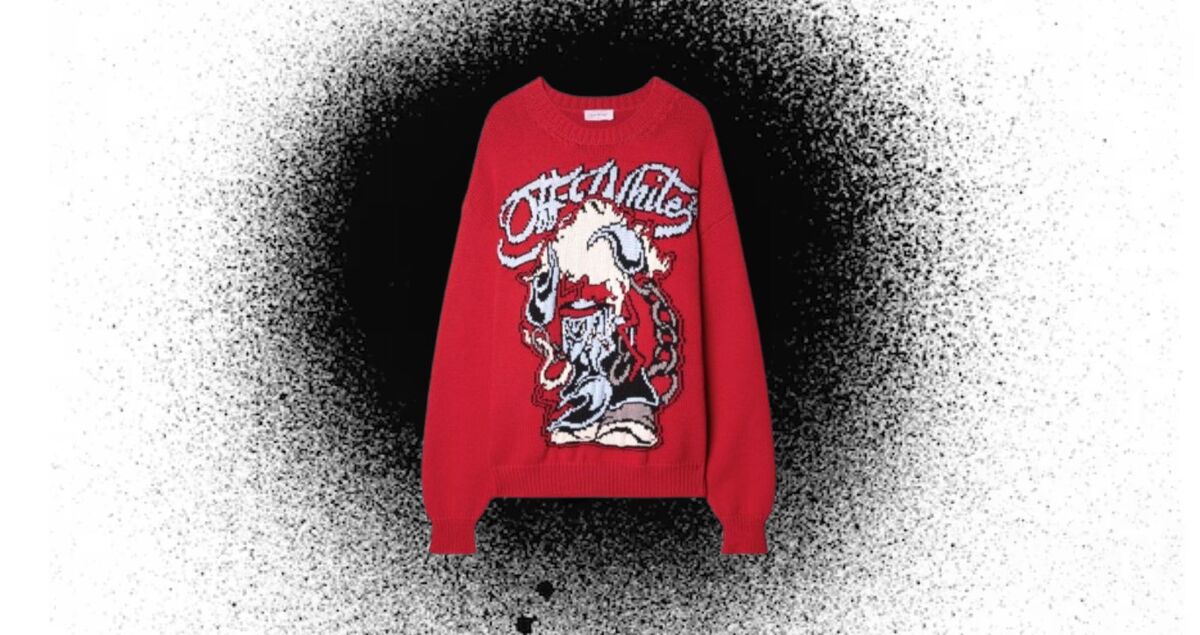
Despite the criticisms, Off-White’s cultural impact cannot be overstated. The brand has successfully tapped into the zeitgeist, addressing issues of identity, consumerism, and the shifting dynamics of fashion. Abloh’s ability to speak to a generation yearning for authenticity and connection in a rapidly changing world has solidified Off-White's place in contemporary culture.
Collaborations and Expansion
In addition to the Nike partnership, Off-White has collaborated with numerous brands and artists, further cementing its status in high fashion. Collaborations with brands like IKEA, Evian, and Rimowa have showcased Abloh's innovative approach to design, blending everyday items with a high-fashion twist. These collaborations have pushed the boundaries of what fashion can be, turning mundane objects into coveted luxury items.
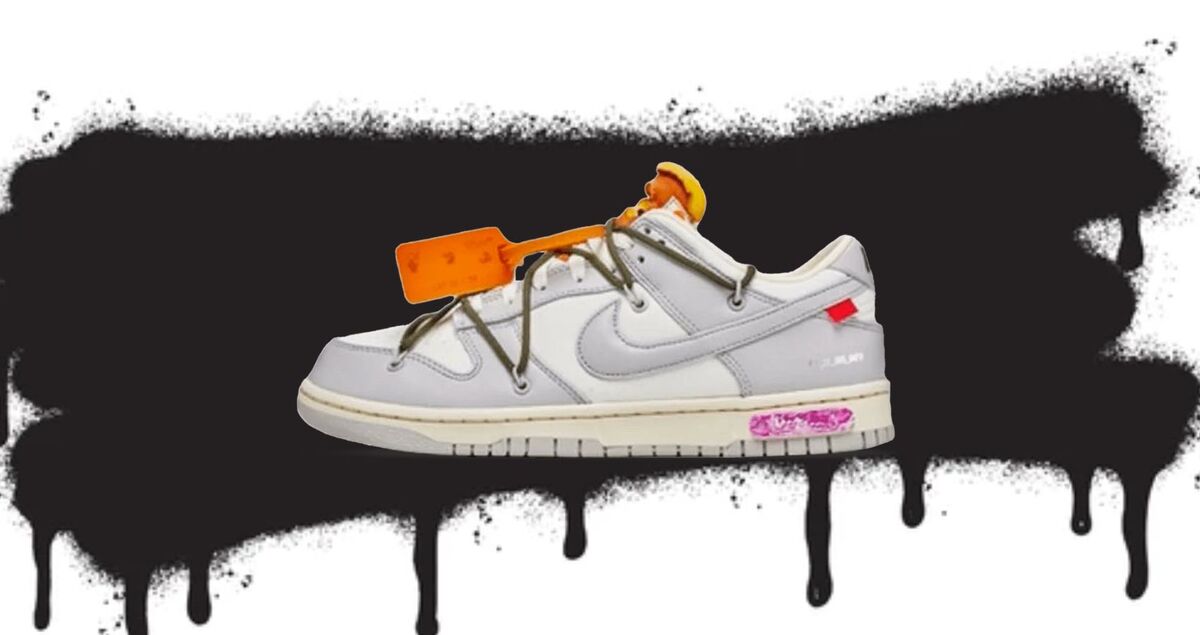
Off-White has also expanded its product offerings beyond clothing and accessories. The brand now includes home goods, furniture, and even art installations, emphasizing Abloh's belief that design should permeate every aspect of life. This expansion reflects a broader trend in the fashion industry, where brands seek to create a lifestyle around their offerings.
The Legacy of Virgil Abloh
Tragically, Virgil Abloh passed away in November 2021 after a private battle with cancer. His untimely death left a significant void in the fashion world, but his legacy continues to inspire a new generation of designers and creatives. Abloh’s contributions to fashion went beyond just clothing; he redefined the industry’s landscape and challenged the status quo.

His emphasis on inclusivity, diversity, and the fusion of art and commerce has left an indelible mark on Off-White and the fashion industry as a whole. Today, many young designers cite Abloh as a key influence, proving that his vision of bridging streetwear and high fashion will continue to shape the future.
Shopping Off-White
For those interested in adding Off-White pieces to their wardrobes, many options are available. Miinto.com offers a wide selection of Off-White items, ranging from clothing to accessories, allowing you to explore the brand's innovative designs. With its curated collection, you can shop with confidence and style, bringing a piece of this revolutionary label into your everyday life.

The evolution of Off-White from a streetwear label to a high-fashion powerhouse illustrates the changing dynamics of the fashion industry. Virgil Abloh’s vision and creativity have transformed how we perceive and engage with fashion, making Off-White a symbol of innovation and cultural significance. As the boundaries between streetwear and luxury continue to blur, Off-White stands at the forefront, reminding us of the power of design and its ability to resonate across cultures and generations.





